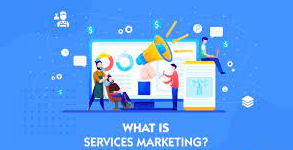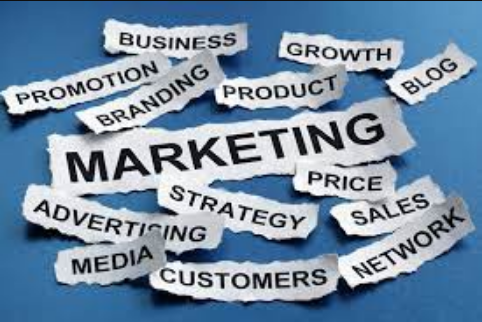
Digital marketing, also known as online marketing, refers to all marketing activities that take place online. Companies use digital channels such as search engines, social media, email and other websites to communicate with existing and potential customers. It also includes communication via text or multimedia messages.
Experienced inbound marketers might say that inbound marketing and digital marketing are actually the same thing, but there are some nuances. In conversations with marketers and business owners in the US, UK, Asia, Australia and New Zealand, I’ve learned a lot about how these small differences are seen around the world.
Digital marketing helps you reach a wider audience than traditional methods and target potential customers who are most likely to buy your products or services. It is also often more cost-effective than traditional advertising and allows you to measure success on a daily basis and adjust it according to your needs.
Digital marketing has several key advantages:
- You can focus only on the potential customers who are most likely to buy your product or service.
- This is more cost-effective than outbound marketing methods.
- Digital marketing levels the playing field in your industry, allowing you to compete with bigger brands.
- Digital marketing is measurable.
- Easier to adapt and change digital marketing strategies.
- Digital marketing can improve your conversion rates and the quality of your leads.
- You can reach your audience at every stage with digital marketing.
Online channels allow you to track your customers throughout their journey to purchase. Understanding and analysing how your customers move and work is important for converting leads. Digital marketing allows you to follow them through the process. And, even if they don’t convert early on, it at least helps ensure they connect with your business.





